 The following is a snap-shot of funding opportunities that have been announced. Please follow the links for more information:
The following is a snap-shot of funding opportunities that have been announced. Please follow the links for more information:
Arts and Humanities Research Council
Follow-on funding for impact and engagement scheme
These support innovative and creative engagements with new audiences and user communities that stimulate pathways to impact within the area of arts and humanities. Grants are worth up to £100,000 over a maximum period of one year. Smaller grants of up to £30,000 may be awarded for shorter or higher risk activities.
Maximum award: £100,000
Closing date: None open call
Research grants – early-career route
These enable individual researchers to collaborate with, and bring benefits to, other individuals and organisations through the conduct of research related to the arts and humanities, and support researchers at the start of their careers in gaining experience of managing and leading research projects. Provides grants for projects with a full economic cost (fEC) between £50,000 and £250,000 for a varying duration up to a limit of 60 months.
Maximum award: £200,000
Closing date: None open call
Research grants – standard route
These support research projects by enabling individual researchers to collaborate with, and bring benefits to, other individuals and organisations through the conduct of research related to the arts and humanities. The standard route provides grants for projects with a full economic cost (fEC) between £50,000 and £1,000,000 for a varying duration up to a limit of 60 months.
Maximum award: £800,000
Closing date: None open call
Economic and Social Research Council
COMING SOON: UK in changing Europe – Brexit priority grants
*** The Economic and Social Research Council will shortly be inviting applications for its UK in changing Europe – Brexit priority grants. Applications are expected to open at the beginning of December and to close on 25 January 2017. Call information will be published when applications open. The following information is subject to change. These grants support additional activity, including research synthesis and potential new short-term research activity, related to the process of the UK leaving the EU. The grants will be between £100,000 and £300,000 (100 per cent fEC, with the ESRC contributing 80 per cent fEC) and for a duration of up to 18 months. The ESRC expects grants to commence on 1 April 2017.
Be aware this is a pre-call and there may be further conditions announced in the full call.
Maximum award: £240,000
Closing date: 25 Jan 17 (forecast)
Engineering and Physical Sciences Research Council
Whole energy systems scoping studies
The EPSRC/Energy systems catapult will fund up to eight studies across the six areas identified. Scoping studies are expected to be up to a maximum of nine months in duration and up to £60k (80% FEC) in value. Funding could be used for researcher time, travel, workshops and other engagement activities to further develop consortia and larger programmes of work. Interdisciplinary collaboration and consortia building within applications is strongly encouraged as is partnership and engagement activities with organisations outside of academia e.g. Government, regulators and industry.
Maximum award: £60,000
Closing date: 19 Jan 17
Medical Research Council
Health systems research initiative fourth call – providing evidence to strengthen health systems in low- and middle income countries
This is the fourth annual call for the Health Systems Research Initiative. Up to £6million is available for funding proposals under this call. Innovative proposals are sought from across the public health, social and biomedical sciences and must clearly identify what health system challenge is being addressed. Proposals must situate this clearly-defined challenge within an understanding of the broader health system linkages and describe how and why findings from the project have the potential to improve the health of people living in low and middle-income countries. Funding is available for research only; we will not fund the routine delivery of health services.
Maximum award: Not known
Closing date: 24 Jan 17
Improving cross-sector comparisons – beyond QALY
This supports research into the possibility of creating a measure of quality of life or wellbeing, which would have utility across health and social care. Grants may be awarded for any period of up to five years.
Maximum award: Not known
Closing date: 21 Jun 17 (recurring)
Methodological research for health and care systems modelling – identifying and measuring spillover effects
Funding supports research into methodologies for developing models which may enable identification, measurement and understanding of spillover effects in health service and public health systems.
Maximum award: Not known
Closing date: 21 Jun 17 (recurring)
Methods research to support the use of observational data in clinical decision making – highlight notice
Funding supports the development of innovative methods for identifying, synthesising, interpreting and presenting observational data for use in guidance development and clinical decision-making, both at the national level and for individual patients, and in particular, how one may interpret and rationalise data from different sources.
Maximum award: Not known
Closing date: 21 Jun 17 (recurring)
Royal Society, GB
Royal Society/Leverhulme Trust senior research fellowships
These enable academic researchers to be relieved of all their teaching and administrative duties and to concentrate on full-time research in all areas of the life and physical sciences, including engineering, but excluding clinical medicine. A total of seven fellowships are provided each year. The fellow’s employing institution receives reimbursement for the full salary costs for the fellow. Research expenses of up to a maximum of £2,500 are available to cover the cost of consumables, equipment and travel.
Maximum award: Not known
Closing date: 18 Jan 17 (recurring)
Wellcome Trust, GB
Research bursaries
These support individuals working on small- and medium-scale research projects based on library or archive collections supported by the trust. Bursaries are usually worth between £5,000 and £25,000 each, and may contribute towards travel, subsistence and research expenses.
Maximum award: £25,000
Closing date: 31 Mar 17 (recurring)
If you are interested in submitting to any of the above calls you must contact your RKEO Funding Development Officer with adequate notice before the deadline.
For more funding opportunities that are most relevant to you, you can set up your own personalised alerts on Research Professional. If you need help setting these up, just ask your School’s/Faculty’s Funding Development Officer in RKEO or view the recent blog post here.
If thinking of applying, why not add notification of your interest on Research Professional’s record of the bid so that BU colleagues can see your intention to bid and contact you to collaborate.
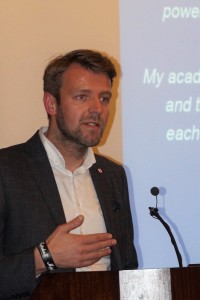 Paweł Surowiec, his study provided a background for the discussion of tensions between conceptualizations and practice of nation branding as well as for the discussion of contentious issues in relationships between democracy, public diplomacy, branding and the governance of soft power resources.
Paweł Surowiec, his study provided a background for the discussion of tensions between conceptualizations and practice of nation branding as well as for the discussion of contentious issues in relationships between democracy, public diplomacy, branding and the governance of soft power resources.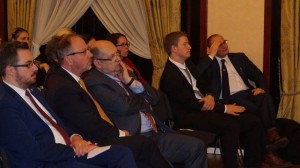 the Centre for Media and Politics, talks by Dr Paweł Surowiec of Bournemouth University and Dr Keith Dinnie of Middesex University as well as the Q&A session with the both panelists. The event was mainly attended by academics analysing diplomacy and statecraft, London-based public diplomats (from, among others, German, Slovakian, Polish, Indonesian, Ethiopian, Canadian embassies and cultural diplomacy institutes) as well as by the Faculty’s fellows and students reading for their degrees on BA (Hons) Politics and MA International Political Communication.
the Centre for Media and Politics, talks by Dr Paweł Surowiec of Bournemouth University and Dr Keith Dinnie of Middesex University as well as the Q&A session with the both panelists. The event was mainly attended by academics analysing diplomacy and statecraft, London-based public diplomats (from, among others, German, Slovakian, Polish, Indonesian, Ethiopian, Canadian embassies and cultural diplomacy institutes) as well as by the Faculty’s fellows and students reading for their degrees on BA (Hons) Politics and MA International Political Communication. Most of us shop for food in supermarkets on a regular basis, but do we give enough thought to the data gathered about our shopping habits? Barcode scanners can provide supermarkets with a wealth of information about consumer behaviour and food pricing.
Most of us shop for food in supermarkets on a regular basis, but do we give enough thought to the data gathered about our shopping habits? Barcode scanners can provide supermarkets with a wealth of information about consumer behaviour and food pricing.
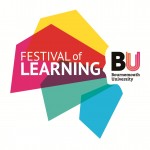 The call for proposals for Festival of Learning 2017 is still open and you have only a week to apply!
The call for proposals for Festival of Learning 2017 is still open and you have only a week to apply! In his Autumn Statement on Wednesday the Chancellor of the Exchequer, the Rt Hon Philip Hammond MP, outlined a new National Productivity Investment Fund (NPIF) that will add an extra £2 billion a year for research and development by the end of this Parliament.
In his Autumn Statement on Wednesday the Chancellor of the Exchequer, the Rt Hon Philip Hammond MP, outlined a new National Productivity Investment Fund (NPIF) that will add an extra £2 billion a year for research and development by the end of this Parliament.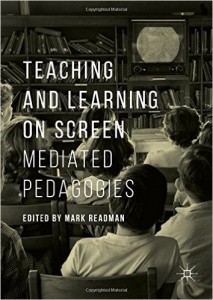
 We’ve been informed by RCUK that the next Researchfish submission period will run in February/March 2017. The key dates and policies for the 2017 exercise are detailed below…
We’ve been informed by RCUK that the next Researchfish submission period will run in February/March 2017. The key dates and policies for the 2017 exercise are detailed below… PIs will need to log on to researchfish® and submit a return between the 6 February and 4pm on 16 March 2017 to confirm that their outcomes information is accurate and complete at that time. Students will once again be asked to submit their outcomes then too. It is important to note that this time there will not be a blanket extension given to those who don’t submit by the deadline.
PIs will need to log on to researchfish® and submit a return between the 6 February and 4pm on 16 March 2017 to confirm that their outcomes information is accurate and complete at that time. Students will once again be asked to submit their outcomes then too. It is important to note that this time there will not be a blanket extension given to those who don’t submit by the deadline. 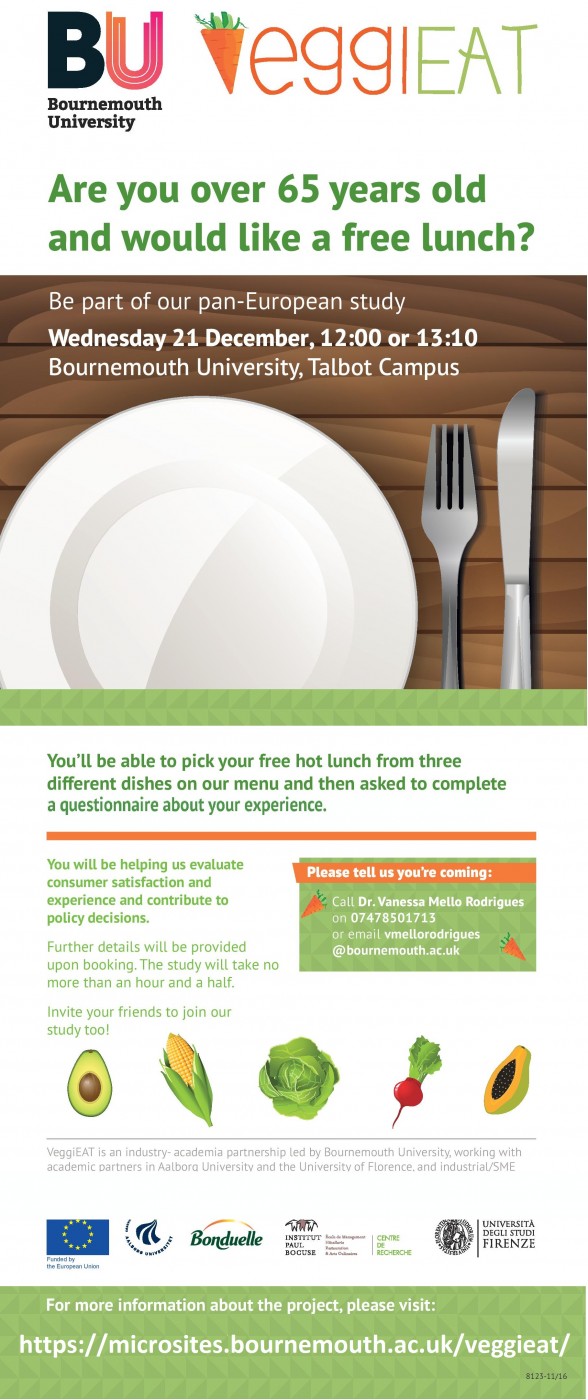
 The following is a snap-shot of funding opportunities that have been announced. Please follow the links for more information:
The following is a snap-shot of funding opportunities that have been announced. Please follow the links for more information: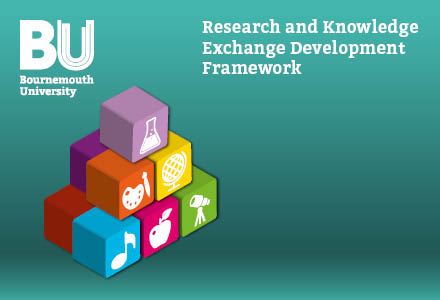


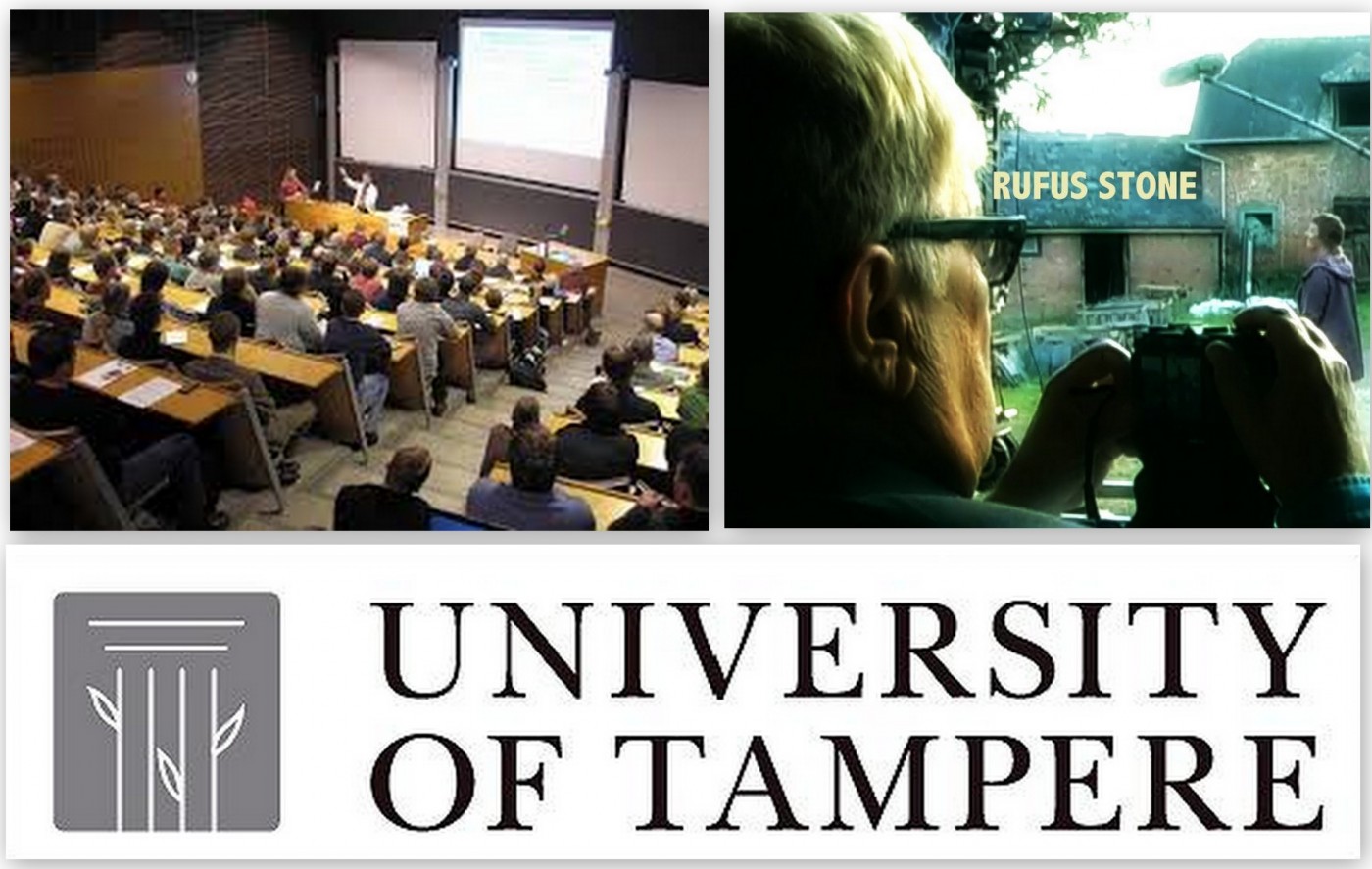

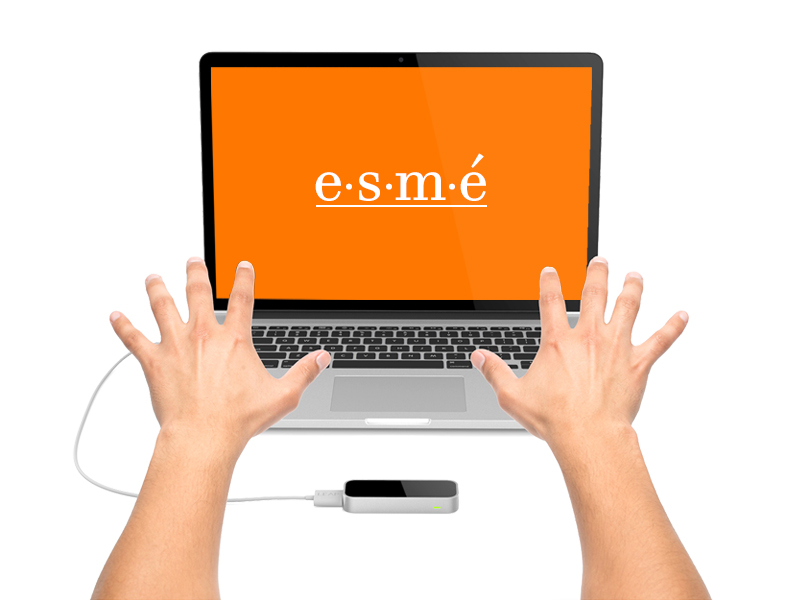
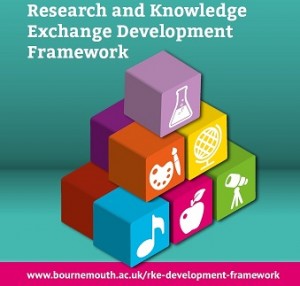











 From Sustainable Research to Sustainable Research Lives: Reflections from the SPROUT Network Event
From Sustainable Research to Sustainable Research Lives: Reflections from the SPROUT Network Event REF Code of Practice consultation is open!
REF Code of Practice consultation is open! BU Leads AI-Driven Work Package in EU Horizon SUSHEAS Project
BU Leads AI-Driven Work Package in EU Horizon SUSHEAS Project Evidence Synthesis Centre open at Kathmandu University
Evidence Synthesis Centre open at Kathmandu University ECR Funding Open Call: Research Culture & Community Grant – Apply now
ECR Funding Open Call: Research Culture & Community Grant – Apply now ECR Funding Open Call: Research Culture & Community Grant – Application Deadline Friday 12 December
ECR Funding Open Call: Research Culture & Community Grant – Application Deadline Friday 12 December MSCA Postdoctoral Fellowships 2025 Call
MSCA Postdoctoral Fellowships 2025 Call ERC Advanced Grant 2025 Webinar
ERC Advanced Grant 2025 Webinar Update on UKRO services
Update on UKRO services European research project exploring use of ‘virtual twins’ to better manage metabolic associated fatty liver disease
European research project exploring use of ‘virtual twins’ to better manage metabolic associated fatty liver disease